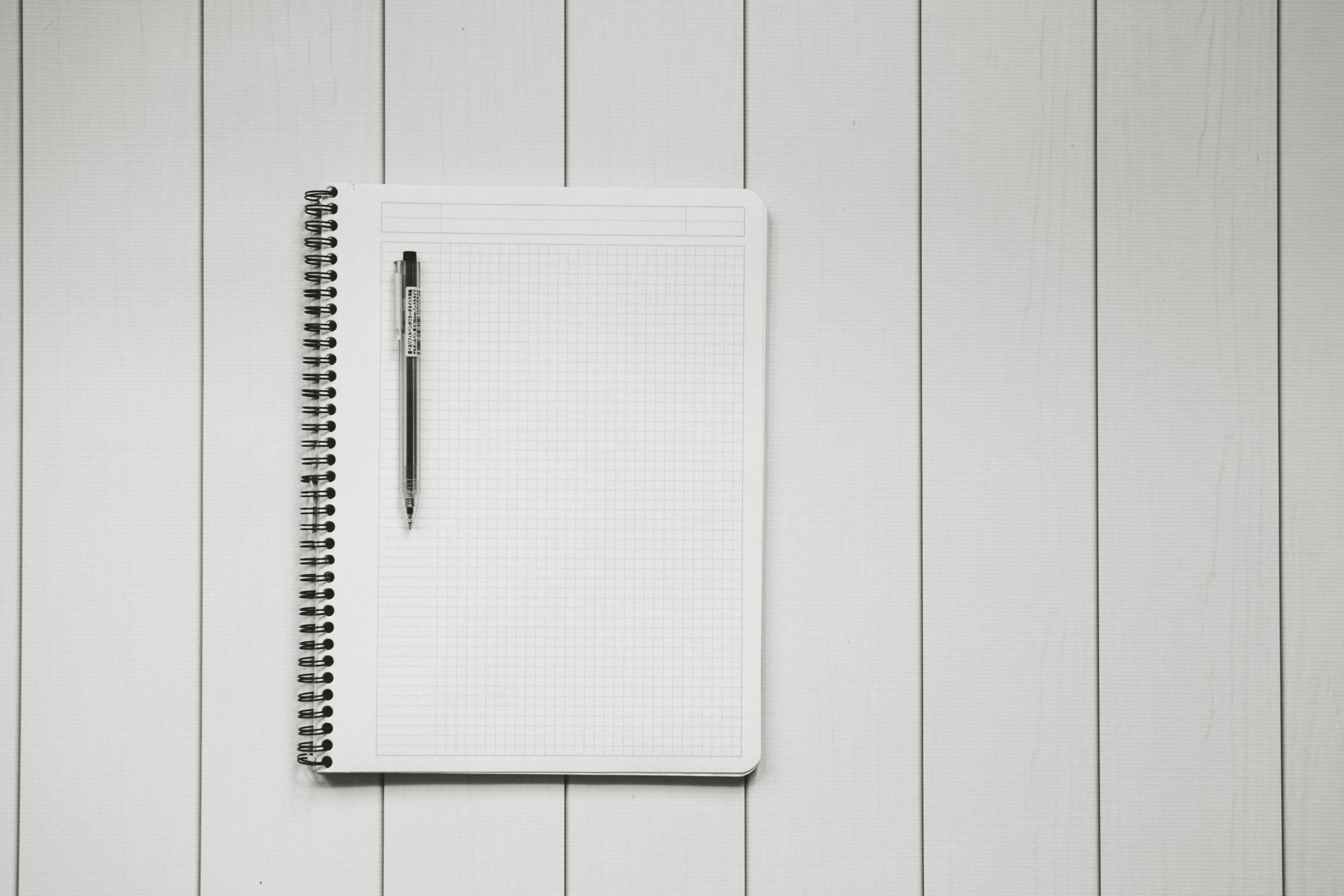How to Use ‘Even Though,’ ‘Even If’ and ‘Even So’
During conversation practice with one of my students, I asked her, “If you won the lottery, would you still do your job?”
She’s a yoga teacher and incredibly passionate about her work, so she answered,
“Of course I’d continue teaching even I didn’t have to work.”
If while reading her answer, you felt like something is wrong with the sentence, you’re right. But why is it incorrect? Let’s find out.
Improve Sentence Structure
Master the most challenging sentence structures in English: Compound & complex sentences, conditionals, the passive voice, the difference between ‘even if’ and ‘even thoug,’ relative clauses and reported speech.
USING ‘EVEN,’ ‘EVEN IF,’ ‘EVEN THOUGH,’ & ‘EVEN SO’
Even
We use even when we want to express a surprising extreme or when we want to say that something is more than we expect. For example,
“She’s rude to everyone. She’s even rude to me.“
“He gets up early even on Sundays.“
The problem with the sentence I shared at the beginning of this post is that even is being used as a conjunction. A conjunction is a word that connects two sentences together, such as, ‘and’, ‘because’, and ‘but’. Even alone cannot be used as a conjunction. It needs to be combined with if or though to connect two clauses. So the correction would be:
“Of course I’d continue teaching even if I didn’t have to work.”
Now, do you know why we used even if and not even though here?
Even if and even though are not equivalent. So what’s the difference between them?
Even If
We use even if when we’re talking about an unreal situation. We use it when we’re speculating or when we don’t consider something as a fact.
To understand this better, let’s look at an example:
“I’m going out tomorrow even if it’s raining.”
In this situation, I don’t know if it’s going to rain tomorrow or not, but I’m still going out.
Here are some other examples,
“She’s leaving the company, even if they give her a promotion.”
“Even if we had the money, we wouldn’t live in a big house.”
“Be yourself, whatever it is. Even if it’s scary.”
Even Though
We use even though when we’re talking about a real situation. We use it to express a fact or when we think something is true.
Let’s look at how the meaning changes when we use even though instead of even if in the examples I used above:
“I’m going out right now, even though it’s raining.”
In this case, I know it’s raining and I don’t care. I’m going out anyway.
Here are some other examples,
“She’s still leaving the company, even though they offered her a promotion yesterday.”
“Even though we have the money, we don’t want to live in a big house.”
“Even though you’re growing up, you should never stop having fun.”
Even So
Even so follows a fact and it means however or in spite of that. So we can say,
“The weather wasn’t great. Even so, we enjoyed our trip.”
“Everyone likes him. Even so, I don’t trust him.”
“But even so, I still get nervous before I go on stage.”
I hope you found this helpful! If you have any questions, share them with me in the comments. And if you found this useful, please share it with your friends.
About the Writer
Sama is the founder of In English With Love and a certified Neurolanguage Coach® from Canada with over ten years of experience in the industry. Her mission is to make quality English learning materials accessible to English learners and teachers everywhere.














